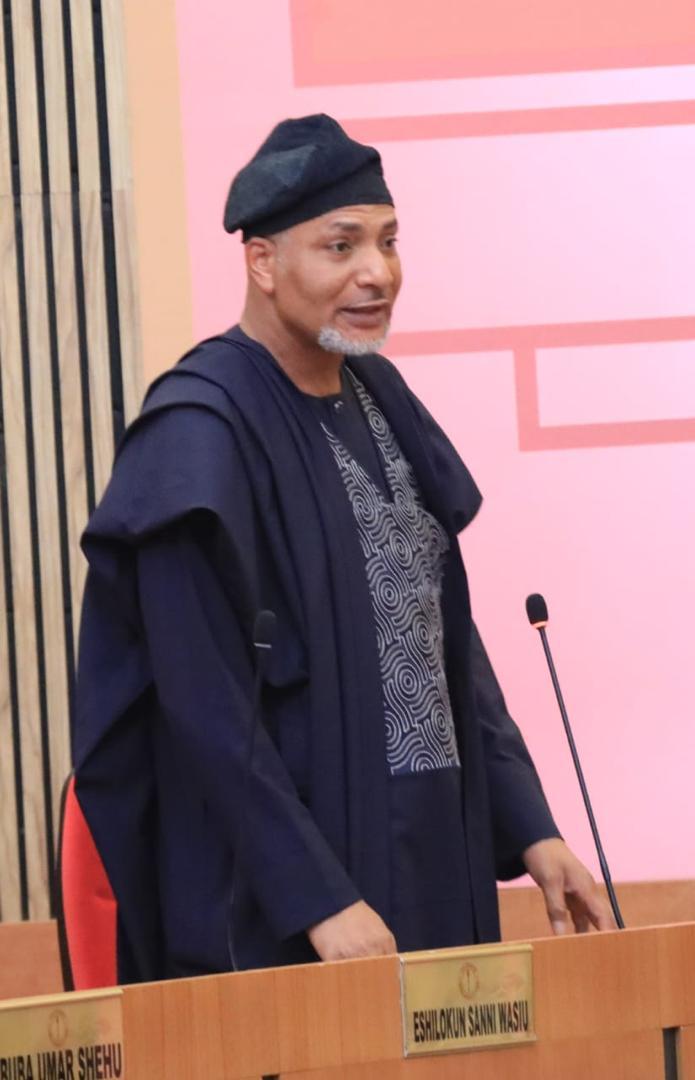By Olufemi Oni, Ilorin
The Senator representing the Kwara Central Senatorial District in the National Assembly, Senator Saliu Mustapha, has stressed the need for the 774 local government councils across the country to give priority to agricultural development to boost food security.
Speaking in Ilorin, the Kwara State capital, at the dinner and award night of the Correspondents’ Chapel of the Nigerian Union of Journalists (NUJ), Kwara state Council, Senator Mustapha called for constitutional amendments to reassign the core responsibility of the LGAs to agriculture, underscoring the vital role the sector could play in revolutionising the country’s economic development.
Represented by his aide and a senior lawyer, Abdulkareem Alabi, Senator Mustapha, who also serves as the Chairman of the Senate Committee on Agriculture and Rural Development, stressed that agriculture should no longer be viewed as a secondary issue or left solely to private enterprise. Instead, he urged for a nationwide strategy where local governments are constitutionally mandated to focus on agriculture as their primary function.
“Agriculture is the backbone of our economy, and it holds the key to addressing unemployment, food insecurity, and rural developments” Senator Mustapha stated.
“For too long, our local governments have been distracted by peripheral responsibilities. It is time we refocus their energies on what really matters – agriculture and rural.”
He argued that LGAs, being closer to the grassroots, are in a prime position to facilitate agricultural development and rural transformation, both of which are crucial for food security and economic growth.
According to Senator Mustapha, Nigeria’s reliance on oil revenue has not only left the country vulnerable to global market fluctuations but also stunted the growth of its agricultural sector, which remains the largest employer of labor in the country. By institutionalizing agriculture as the central focus of LGAs, the senator believes Nigeria can unlock vast economic potentials, improve livelihoods, and ensure sustainable development.
“In India as in Brazil, the local government plays a crucial role in agriculture. Brazilian municipalities are deeply involved in managing rural extension services, promoting sustainable agricultural practices, and ensuring that smallholder farmers have access to resources. This model has contributed to Brazil becoming one of the world’s largest agricultural producers, particularly in soybeans, sugar, and beef.
Senator Mustapha noted that these international models demonstrate how empowering local governments to prioritize agriculture can yield significant dividends. “We have seen how countries like India and Brazil have transformed their economies through localized agricultural development. There is no reason Nigeria cannot replicate these successes if we realign our focus,” he said.

